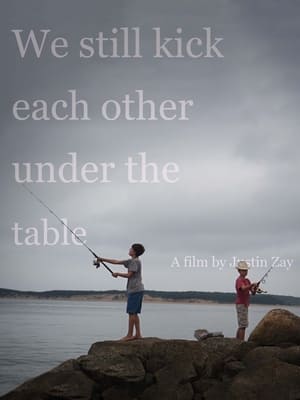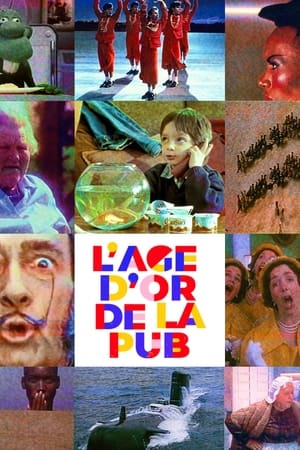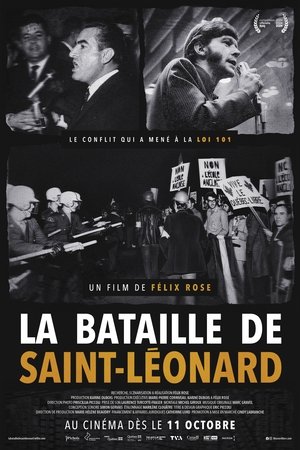
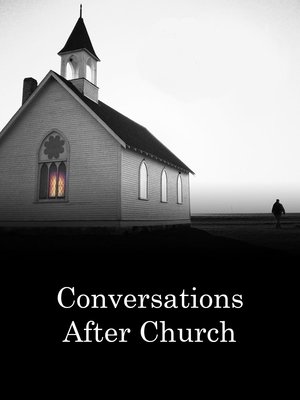
Conversations after Church(2015)
Six Christians face a dark night of the soul that leads them to question everything they believe.
Movie: Conversations after Church
Top 1 Billed Cast
Himself
Video Trailer Conversations after Church
Similar Movies
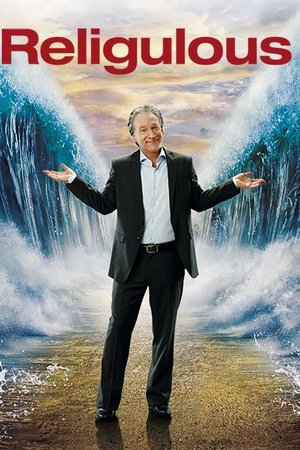 7.0
7.0Religulous(en)
Commentator-comic Bill Maher plays devil's advocate with religion as he talks to believers about their faith. Traveling around the world, Maher examines the tenets of Christianity, Judaism and Islam and raises questions about homosexuality, proof of Christ's existence, Jewish Sabbath laws, violent Muslim extremists.
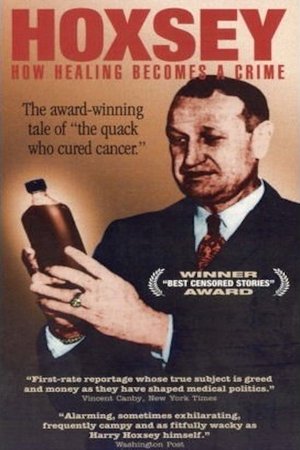 8.6
8.6Hoxsey: When Healing Becomes a Crime(en)
In the 1920s, former coal miner Harry Hoxsey claimed to have an herbal cure for cancer. Although scoffed at and ultimately banned by the medical establishment, by the 1950s, Hoxsey's formula had been used to treat thousands of patients, who testified to its efficacy. Was Hoxsey's recipe the work of a snake-oil charlatan or a legitimate treatment? Ken Ausubel directs this keen look into the forces that shape the policies of organized medicine.
 7.6
7.6Athos(de)
The Athos peninsula in Greece is one of Europe's last secrets. Over 2000 monks live on Athos - cut off from the outside world. Access is denied to women, tourists are not welcome. Only workers and pilgrims can obtain a visa. The "Autonomous Monastic State of the Holy Mountain" attracts people who feel like they are missing something from their modern lives. With the help of three Athos monks, "Athos - A Taste of Heaven" tells the story of the island and its inhabitants in a unique filmed diary style. The film's guiding theme is the path we as people have to find and follow - each and everyone for themselves. "First we must heal our own souls, only then we can help others", is one of Father Galaktions core messages. He lives as a hermit on the holy mountain. Not all monks, however, live as secluded and demure as Father Galaktion. The film team is also received by Father Epiphanios - a gifted and poetic cook who certainly does not disdain the pleasures of life.
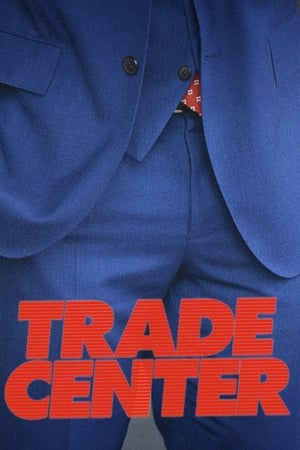 4.2
4.2Trade Center(en)
The voices of five gay men who cruised for sex at the World Trade Center in the 1980s and 1990s haunt the sanitized, commerce-driven landscape that is the newly rebuilt Freedom Tower campus.
 7.0
7.0Jesus Camp(en)
Jesus Camp is a Christian summer camp where children hone their "prophetic gifts" and are schooled in how to "take back America for Christ". The film is a first-ever look into an intense training ground that recruits born-again Christian children to become an active part of America's political future.
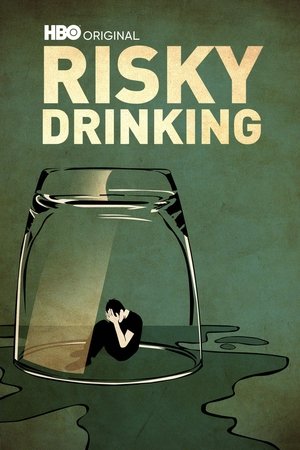 7.3
7.3Risky Drinking(en)
Are you a risky drinker? Nearly 70% of American adults drink alcohol and nearly 1/3 of them engage in problem drinking at some point in their lives. Produced with The National Institute of Alcohol Abuse and Alcoholism (NIAAA), Risky Drinking is a no-holds-barred look at a national epidemic through the intimate stories of four people whose drinking dramatically affects their relationships.
 0.0
0.0The Story of the Swastika(en)
In the week when Hindus celebrate the holy festival of Diwali, this documentary tells the story of one of their faith's most sacred symbols - the swastika. For many, the swastika has become a symbol synonymous with the Nazis and fascism. But this film reveals the fascinating and complex history of an emblem that is, in fact, a religious symbol, with a sacred past. For the almost one billion Hindus around the world, the swastika lies at the heart of religious practices and beliefs, as an emblem of benevolence, luck and good fortune.
A Question of Origins(en)
Understanding mankind's true origin is essential in determining one's final destiny. This visually rich, full production presents conclusive evidence that the universe and all life were created. In addition, scientific foreknowledge found only in the Bible reveals that the God of the Bible is the Creator. A Question of Origins is essential viewing for anyone who has questions or doubts concerning the scientific accuracy of the Word of God. A great witnessing tool intended for our current generation.
The Signs and Wonders Movement: Exposed(en)
Jesus said that the generation of believers alive for His second coming would be subject to the greatest onslaught of deception ever leveled at the body of Christ and that this deception would be predicated upon signs and wonders. For many professing Christians this could be the most important video you ever watch. Perhaps the best expose of many modern so-called “prophets & healers” ever made. The National Prayer Network out of the United Kingdom has done an admirable job exposing such leaders as Benny Hinn, Kenneth Hagin, and Rodney Howard Brown, revealing that the tactics and methods they use when performing “signs and wonders” have their origin in the occult. These tapes are a sober warning for those caught up in TBN evangelists and leaders, believing them to be “anointed” men and women of God. Speakers include: Andre Kole, Brian Edwards, Dave Hunt, Mark Haville, Ole Anthony, Dr. Peter May, Philip Foster, Roger Oakland and Dr. Stephan Sizer.
 7.0
7.0Land Without Bread(es)
An exploration —manipulated and staged— of life in Las Hurdes, in the province of Cáceres, in Extremadura, Spain, as it was in 1932. Insalubrity, misery and lack of opportunities provoke the emigration of young people and the solitude of those who remain in the desolation of one of the poorest and least developed Spanish regions at that time.
 6.7
6.7The 11th Hour(en)
A look at the state of the global environment including visionary and practical solutions for restoring the planet's ecosystems. Featuring ongoing dialogues of experts from all over the world, including former Soviet Prime Minister Mikhail Gorbachev, renowned scientist Stephen Hawking, former head of the CIA R. James Woolse
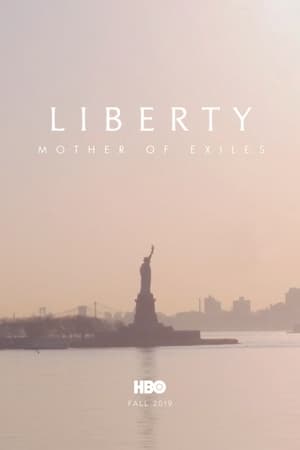 7.5
7.5Liberty: Mother of Exiles(en)
A look at the history of the Statue of Liberty and the meaning of sculptor Auguste Bartholdi's creation to people around the world.
 8.0
8.0From Us To Me / Vom Wir zum Ich(de)
This first co-production between the GDR and Great Britain is intended to contribute to an understanding of the situation and attitudes of millions of working people in opposing social orders. Using the example of shipyard workers, fishermen, the brigade and family of a trade union active cook and unemployed person of various ages and professions in Newcastle on the one hand and a brigade of crane operators of the Warnowwerft and fishermen of the Warnemünde cooperative on the other hand, insights into the way of life and attitudes of people of our time are to be conveyed.
 7.0
7.0The Sound of Identity(en)
In the spotlight of global media coverage, the first transgender woman ever to perform as Don Giovanni in a professional opera, makes her historic debut in one of the reddest states in the U.S.
 6.7
6.7The Society of the Spectacle(fr)
Guy Debord's analysis of a consumer society.

